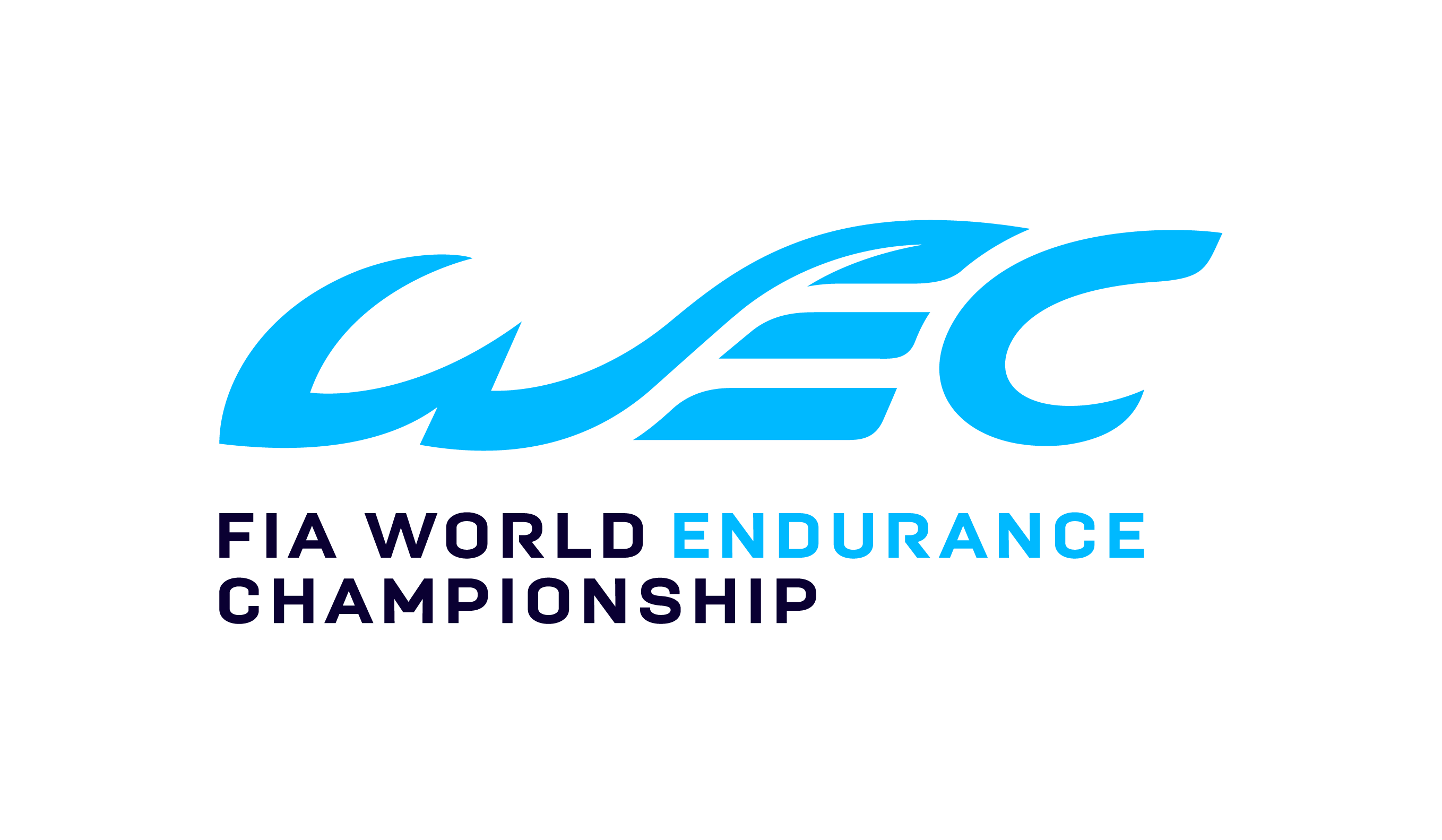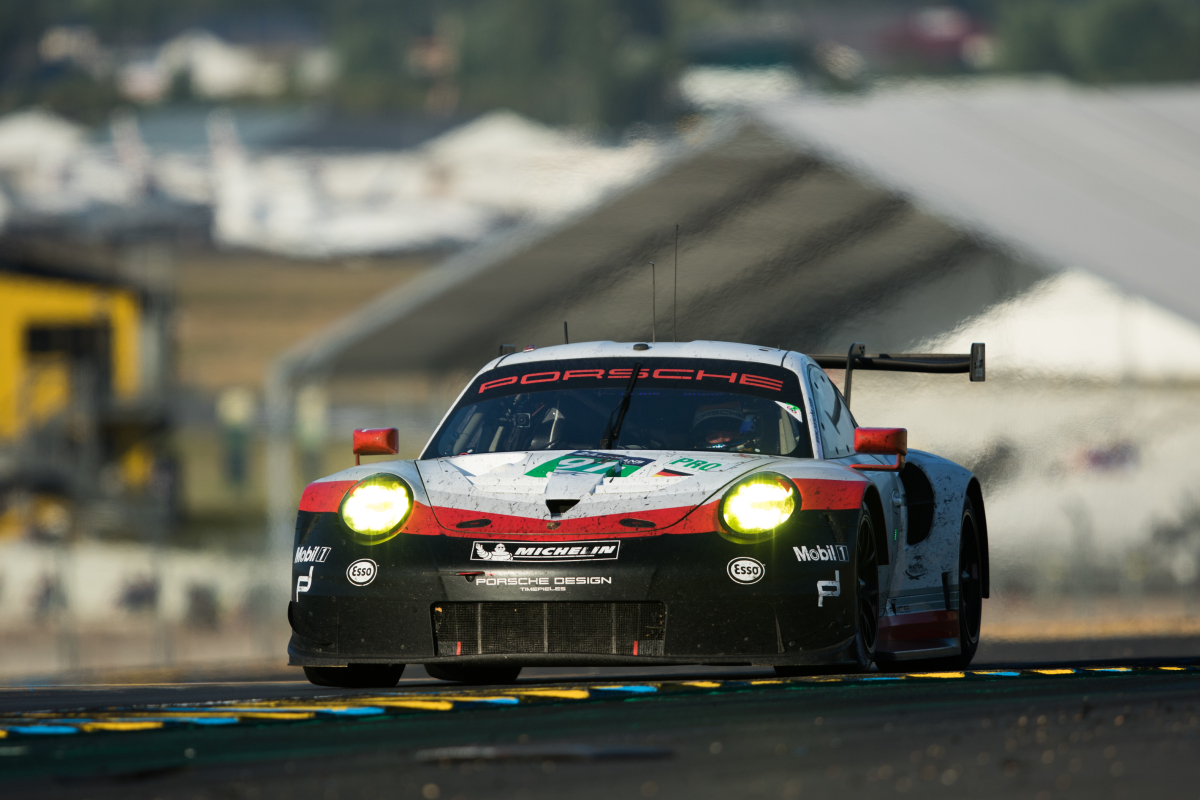
For the fourth in our series on the endurance racing history of our manufacturer partners, we look at one of sports car racing's most famous names, Porsche.

With 19 outright 24 Hours of Le Mans victories and a unique ‘triple-double’ of FIA World Endurance Championship crowns (manufacturers/drivers), no other brand is as synonymous with sports car racing as Porsche.
The Stuttgart marque first appeared at Le Mans all the way back in 1951, and two years later it arrived with its first purpose-built racing car: the 550. In 1958, it took its first overall podium with the 718.

In the 1960s, Porsche became increasingly serious about conquering La Sarthe, as the 718 gave way to the 904, then the 906, the 910, the 907, the 908 and finally the 917 in the space of just six years.
The 917 was by far the quickest car on track in 1969, but was unreliable; the second-placed 908 was just edged out by the winning Ford in one of the closest finishes at Le Mans ever. There was no stopping the 917 in 1970, though, as Porsche swept the top three positions to finally break through for victory.

A second win swiftly followed in 1971, but rule changes meant Porsche would have to wait until 1976 and ’77 for its next wins, with the 936. In 1979, the 935 made it five wins out of 10 in the 1970s.
Incredibly, the 1980s were even more successful. After the 936 snatched a final win in 1981, its successors – the 956 and 962 – swept the board for the next six years. 1985 was an especially significant year, as Porsche’s 10th triumph at Le Mans put it one clear of then-record holder, Ferrari.

Though its competitiveness waned in its later years, the 956/962 remained the definitive model of the Group C era. The street-legal Dauer 962 gave the design a fitting send-off with Le Mans victory in 1994.
Two years later, Porsche kick-started the GT-Prototype era with the creation of the 911 GT1, although it was a modified, Porsche-engined TWR design, the WSC95, that delivered the manufacturer with its 14th and 15th wins in 1996 and 1997. An evolved version of the 911 GT1 made it a hat-trick in 1998.
Porsche subsequently dropped out of top-level sportscar racing as sister brand Audi took centre stage, focussing on its successful GT programme during the 2000s. But, by 2014 it was back, arriving in the WEC in 2014 with the 919 Hybrid to take on Audi and Toyota.

In 2015, Porsche achieved its goal of a 17th win at Le Mans, and beat Audi to both World Championship drivers’ and manufacturers’ crowns. The success continued to flow in 2016 as Porsche capitalised on Toyota’s heartbreak to win again at Le Mans, setting it up for another WEC championship double.
Audi’s exit after 2016 made the 2017 season a two-way fight between Porsche and Toyota, with Porsche once more coming out on top in a war of attrition at Le Mans although they didn't make it easy for themselves. That proved the foundation stone for another sweep of WEC crowns, an appropriate way for Porsche to bow out of the LMP1 class.

Porsche remains in top level sports car racing, however, with the highly successful 911 RSR design, and it makes another attack on FIA World Championship titles in the 2018-19 Super Season in the super-competitive GTE Pro category.
